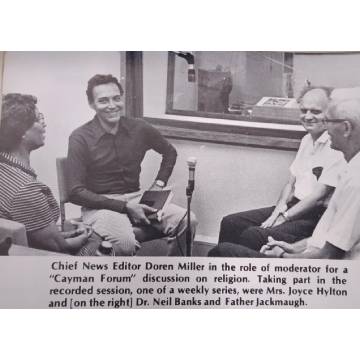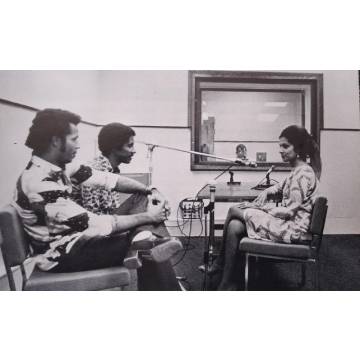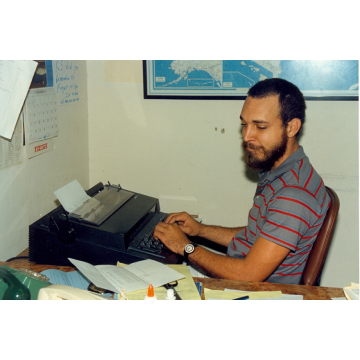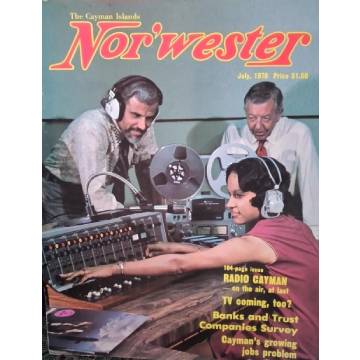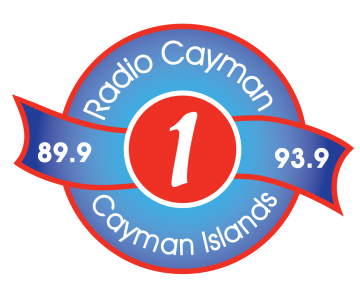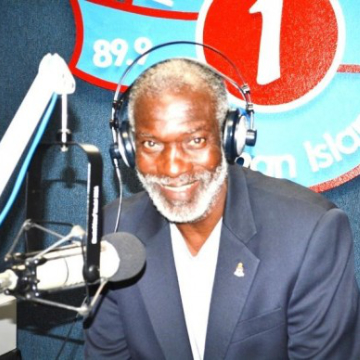News
Culture & Heritage Policy Moves Forward

The implementation of the first national Culture and Heritage Policy and Strategic Plan (CHPP) 2017-2026 takes a step forward, as the policy committee reconvenes to develop the Costed Operational Plan.
The CHPP, which was approved by Cabinet and tabled in the Legislative Assembly in early 2017, sets out the policy directions for the culture and heritage sectors for the next 10 years. The policy aims to protect and preserve aspects of Caymanian heritage, nurture and foster cultural expression and support the further growth of all creative industries in the Cayman Islands.
The committee has reconvened to begin the process of developing the Costed Operational Plan (CoP), which will set out the blueprint for executing the policy and ensuring the necessary resources are made available.
“I’m pleased to be moving into the next phase of the Culture and Heritage Policy and Strategic Plan,” says Minister for Culture Hon. Dwayne Seymour. “While the policy does an excellent job of outlining the principles and objectives to support the cultural expression of our people, we will only see the benefits when we implement it. The creation of the Costed Operational Plan is an essential step to doing just that.”
Committee meetings will take place monthly to identify the short-, medium- and long-term priorities for the CoP. In addition, the Ministry of Culture will be holding meetings with various stakeholders to gain their insights.
The stakeholder meetings will be conducted with special interest groups in the business, tourism, and education sector; with people of various demographics and by district. Meetings have already been held with several stakeholders including the Economics & Statistics Office, the Farmers and Artisans Market and the Ministry of Education.
“Public engagement was an important part of developing the policy and strategic plan,” notes Ministry Chief Officer Jennifer Ahearn. “Engagement will continue to be an important element of the policy’s implementation because at the end of the day this is a policy for the people and we want to make sure everyone has a voice and is heard.”
“Operationalising this policy has now become critical to ensure the transfer of skills of boat building and thatch crafting from the older generation to the younger set, and also to ensure preservation our built heritage, among other important aspects of the policy” adds her deputy Nancy Barnard.
Updates on the progress of the Culture and Heritage Policy and the aligned CoP will be provided to the public, as well as notices of engagement opportunities. The costed plan is expected to the completed later in 2019, at which point the focus will shift to implementation.


